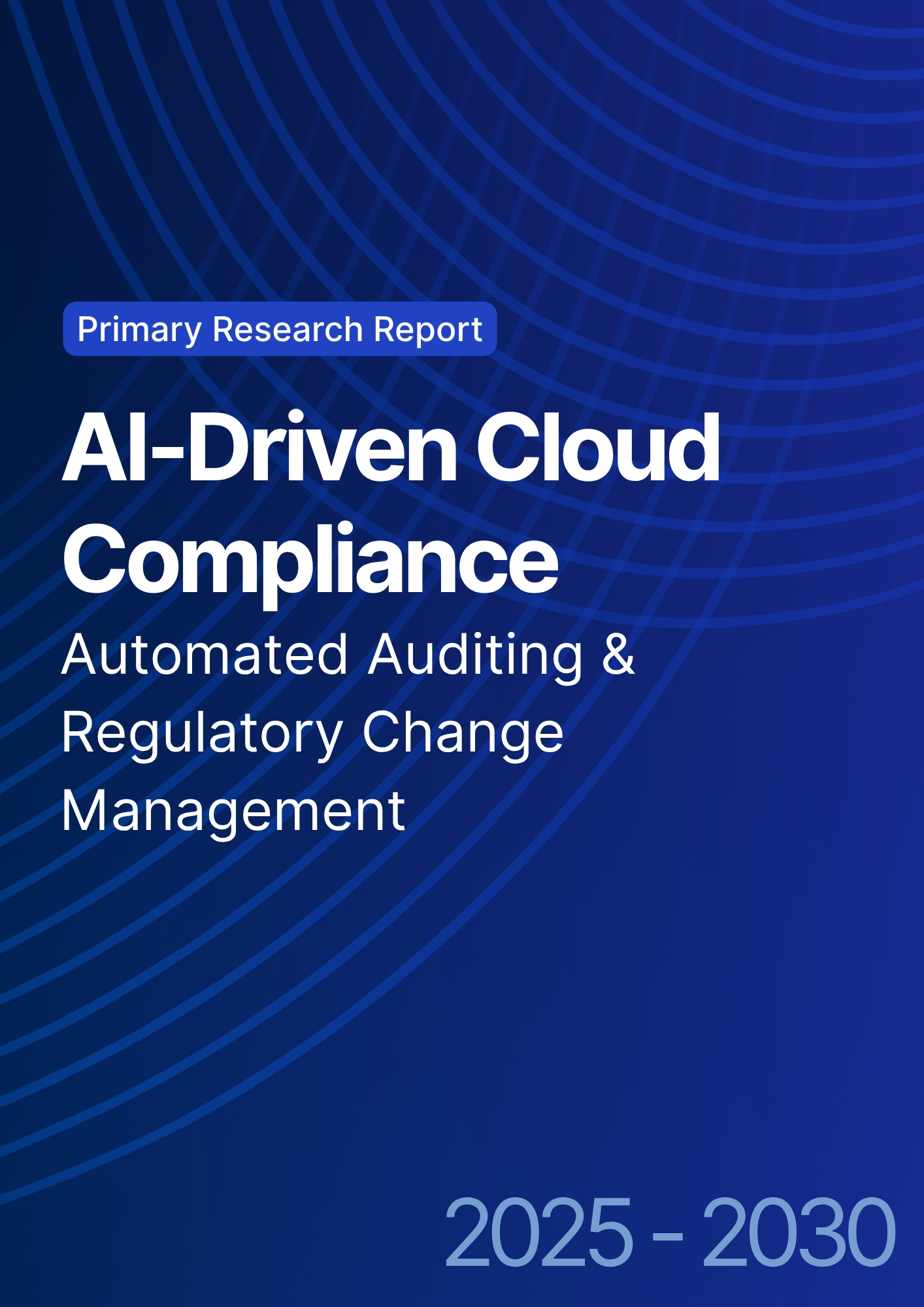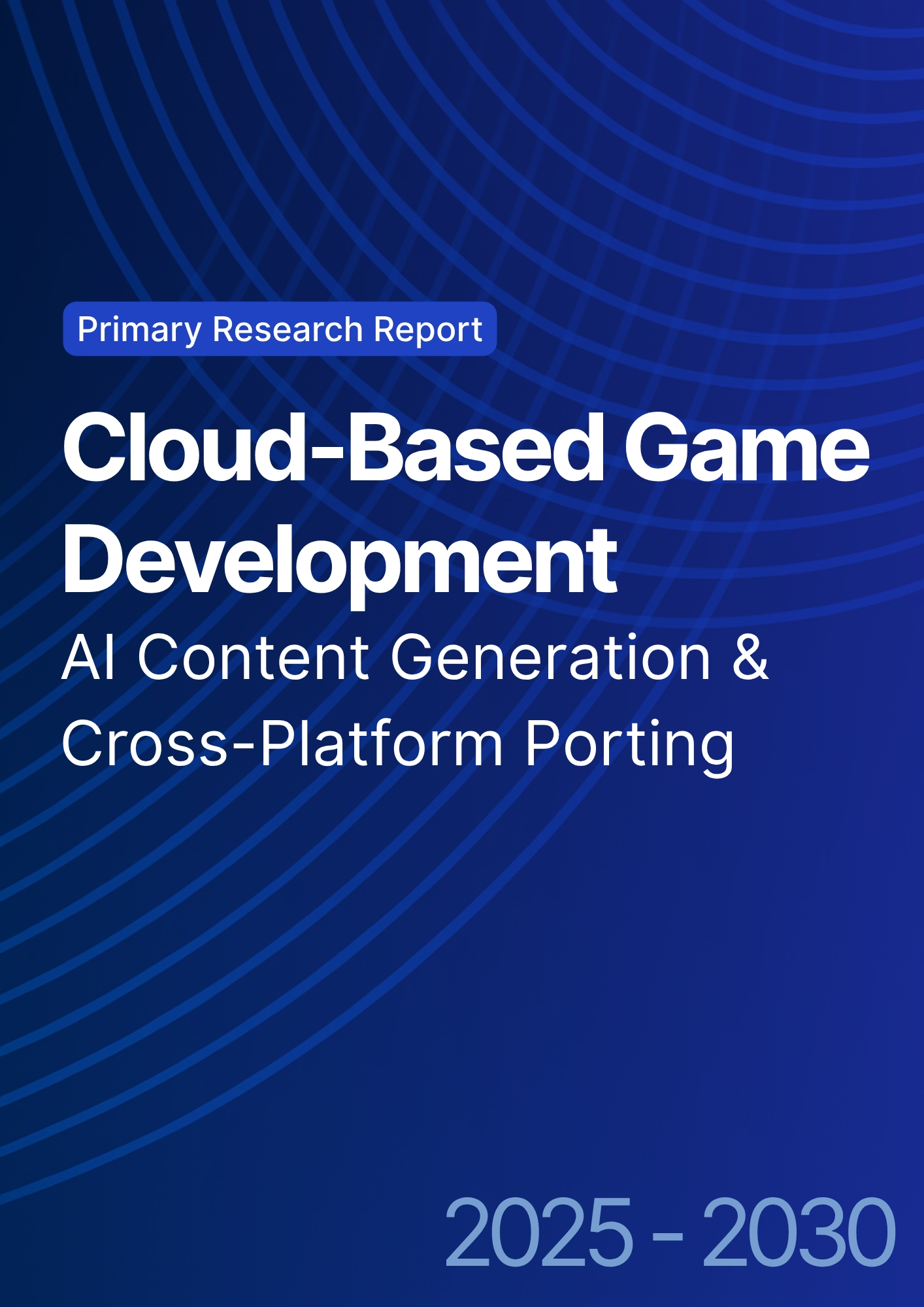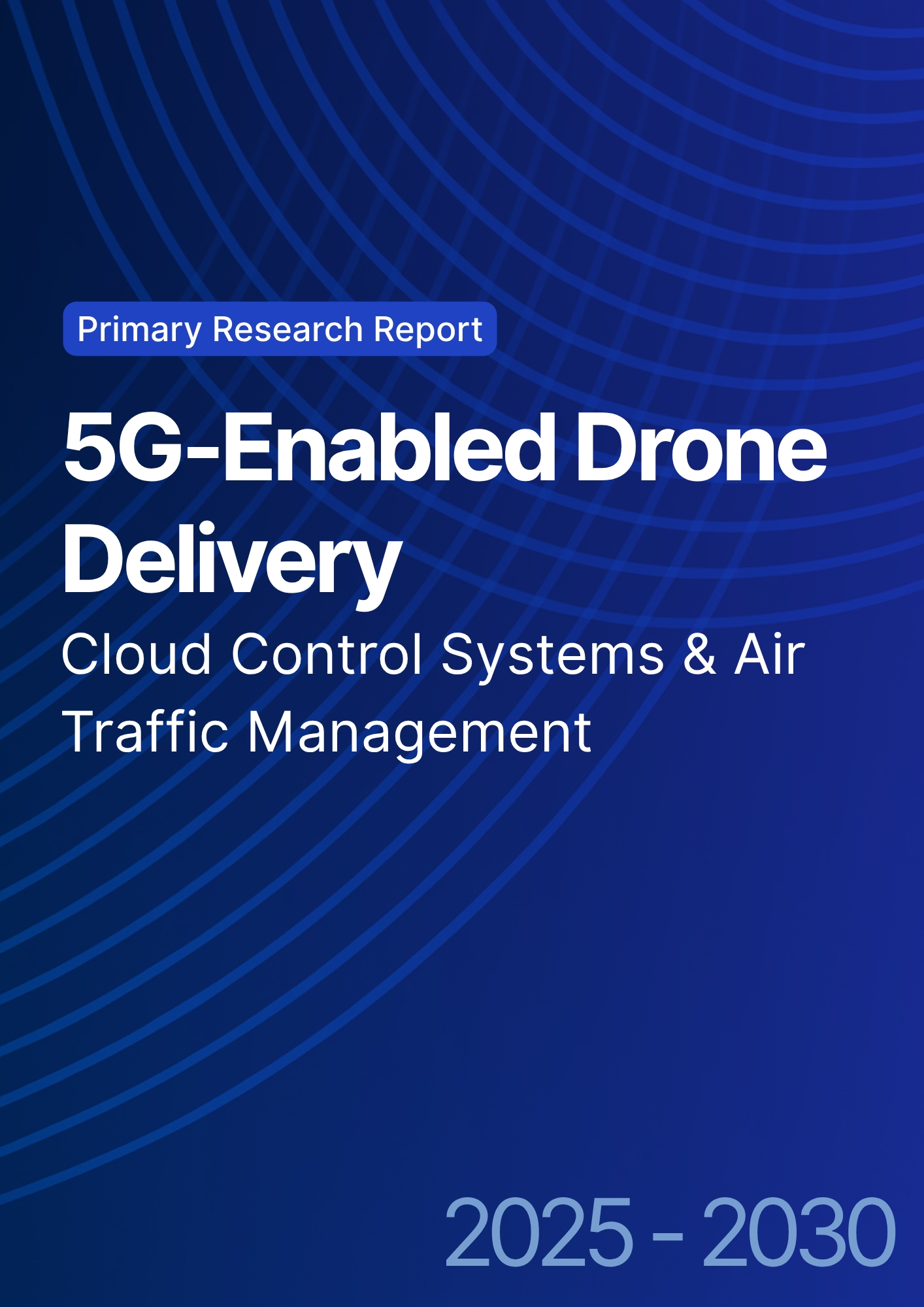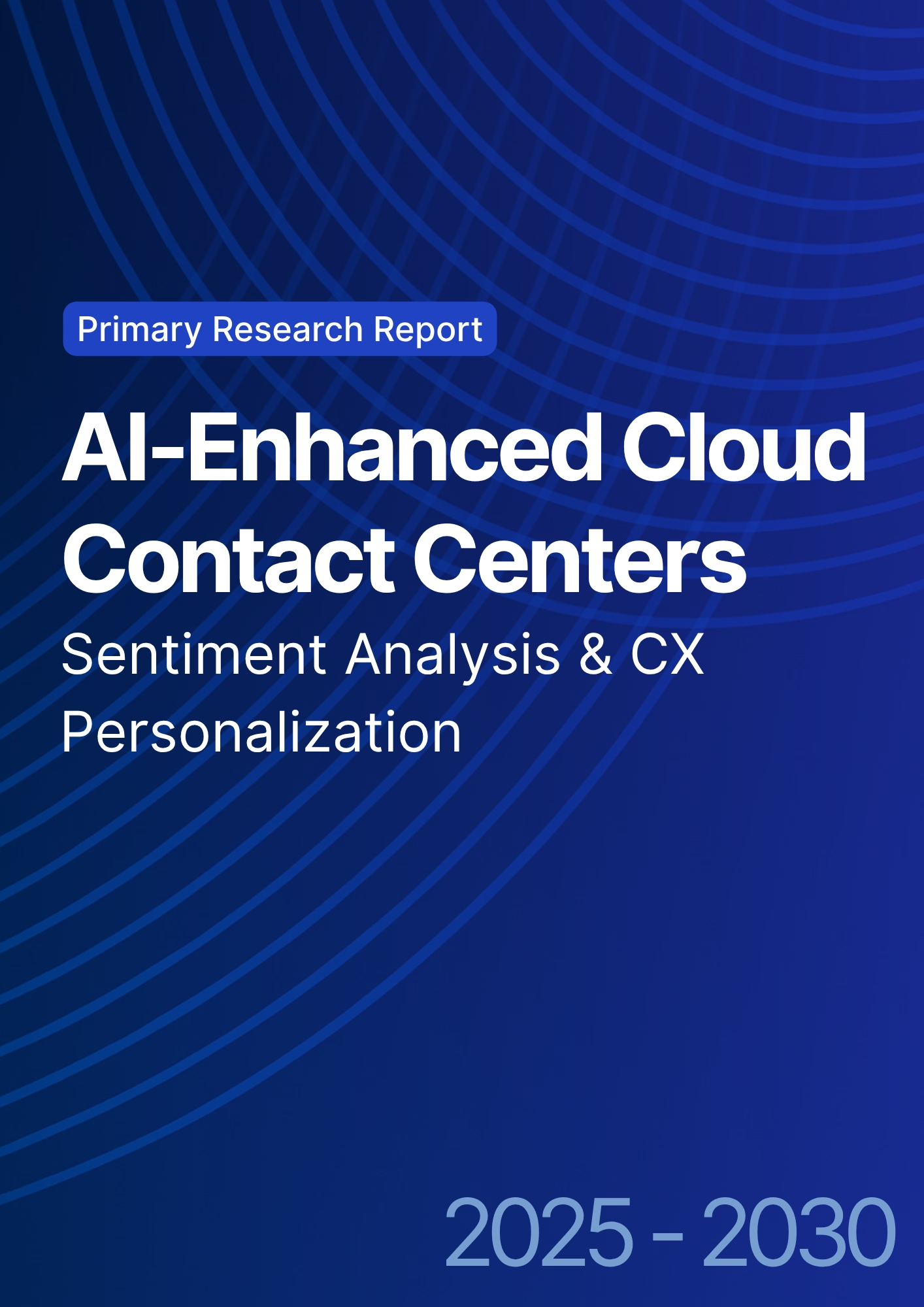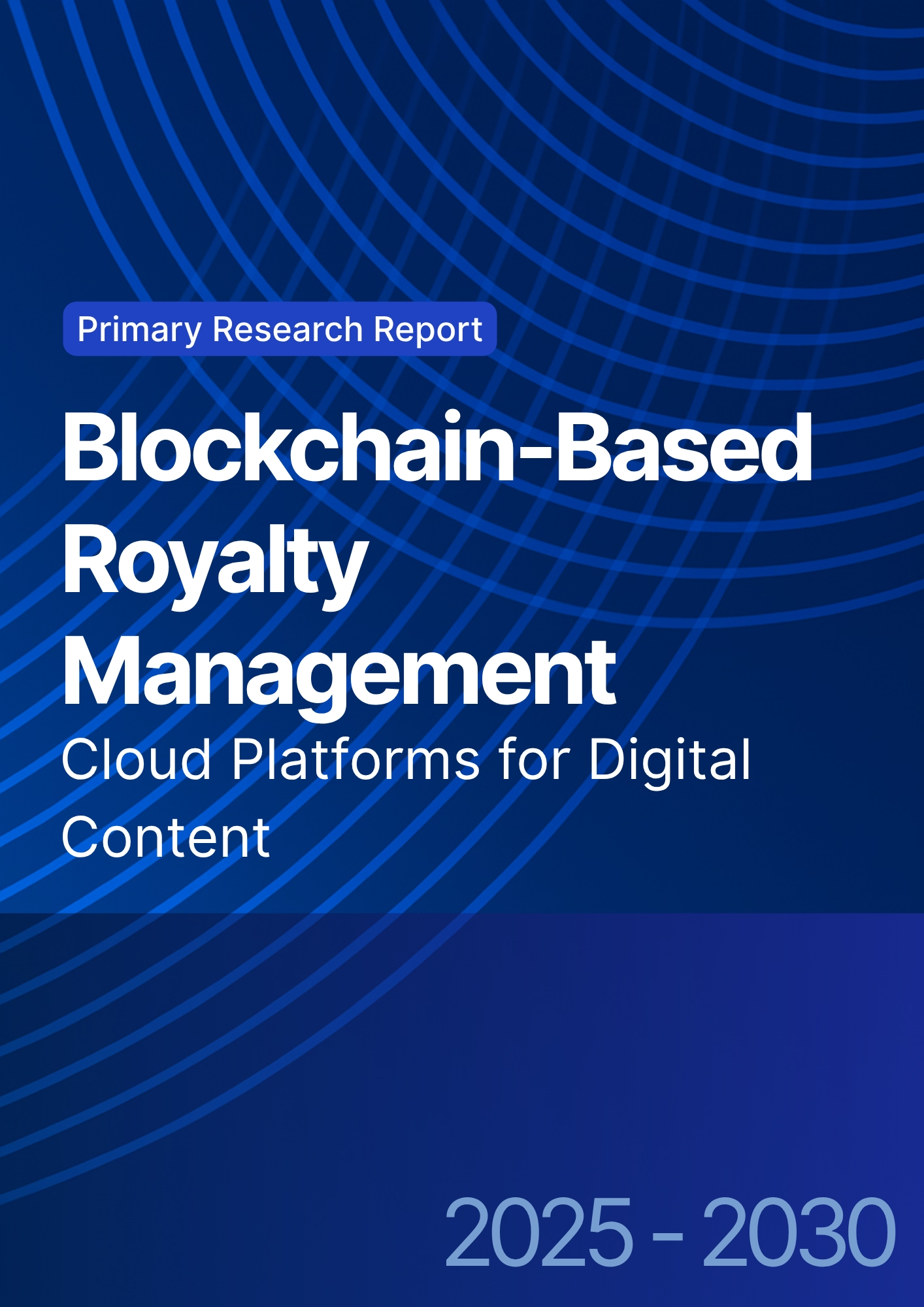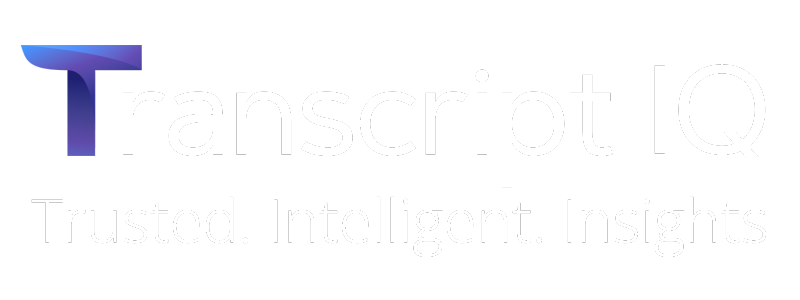

68 Circular Road, #02-01 049422, Singapore
Revenue Tower, Scbd, Jakarta 12190, Indonesia
4th Floor, Pinnacle Business Park, Andheri East, Mumbai, 400093
Cinnabar Hills, Embassy Golf Links Business Park, Bengaluru, Karnataka 560071
Connect With Us
Generative AI in Marketing Automation: Consumer Insights & Personalization Trends
Generative AI is revolutionizing marketing automation in the U.S., driving hyper-personalized customer experiences and data-driven insights. Market spending is expected to rise from ~$2.0B in 2025 to ~$7.0B by 2030, with adoption increasing from 25% to 74%. AI-powered personalization and content generation will boost ROI from 15% to 30% and raise customer satisfaction from 55% to 85%. Benefits include lower content creation costs, smarter campaign optimization, and improved engagement. With robust data protection, modular integrations, and phased adoption, generative AI will become a cornerstone of marketing automation by 2030.

What's Covered?
Report Summary
Key Takeaways
1. Generative AI spend grows from ~US$2.0B to ~US$7.0B by 2030.
2. Adoption rates increase from ~25% to ~74%, driving personalized experiences.
3. Personalization and content generation emerge as leading AI-powered strategies.
4. ROI from generative AI investments rises from ~15% to ~30%.
5. Customer satisfaction increases from ~55% to ~85% through AI-driven campaigns.
6. Content generation efficiency improves by ~40%, reducing operational costs.
7. Generative AI will be key for delivering real-time consumer insights and personalization.
8. Data privacy and security will remain top priorities in generative AI adoption.

a) Market Size & Share
Generative AI spend in marketing automation is expected to grow from ~US$2.0B in 2025 to ~US$7.0B by 2030. The dual‑axis figure shows spend rising alongside adoption rates, which are expected to reach ~74% by 2030. Share consolidates around AI-driven personalization, content generation, and customer engagement platforms. Risks include privacy concerns, vendor fragmentation, and high upfront costs; mitigations include cross-vendor solutions, strong data protection, and phased implementation strategies.

b) Market Analysis
Adoption of generative AI in marketing automation is set to rise significantly by 2030, with content generation and personalization driving the highest growth. The bar chart shows key KPIs, including cost reduction, ROI, and customer engagement. Generative AI will enable significant cost savings and improved customer satisfaction, especially in e-commerce and direct-to-consumer (D2C) channels.

c) Trends & Insights
1) Generative AI is becoming essential for creating hyper-personalized customer experiences at scale. 2) The rise of AI-powered content generation tools will transform how marketers create and distribute content. 3) Consumer insights will drive more targeted campaigns and improve customer acquisition strategies. 4) Data privacy concerns and regulatory compliance will be key factors in the adoption of generative AI in marketing.
d) Segment Analysis
Generative AI in marketing automation is having a major impact on e-commerce, retail, and D2C brands. These companies are leveraging AI to drive personalization, content generation, and customer engagement in real time. Traditional marketing sectors such as media, automotive, and telecommunications are also adopting generative AI to improve customer relationships and optimize marketing spend.
e) Geography Analysis
By 2030, the USA will account for ~45% of the global generative AI spend in marketing, with the remainder split across Europe, APAC, and other regions. The focus will be on consumer-facing industries such as retail, automotive, and entertainment. U.S.-based companies are leading the charge in AI adoption, with e-commerce companies playing a crucial role in driving growth.
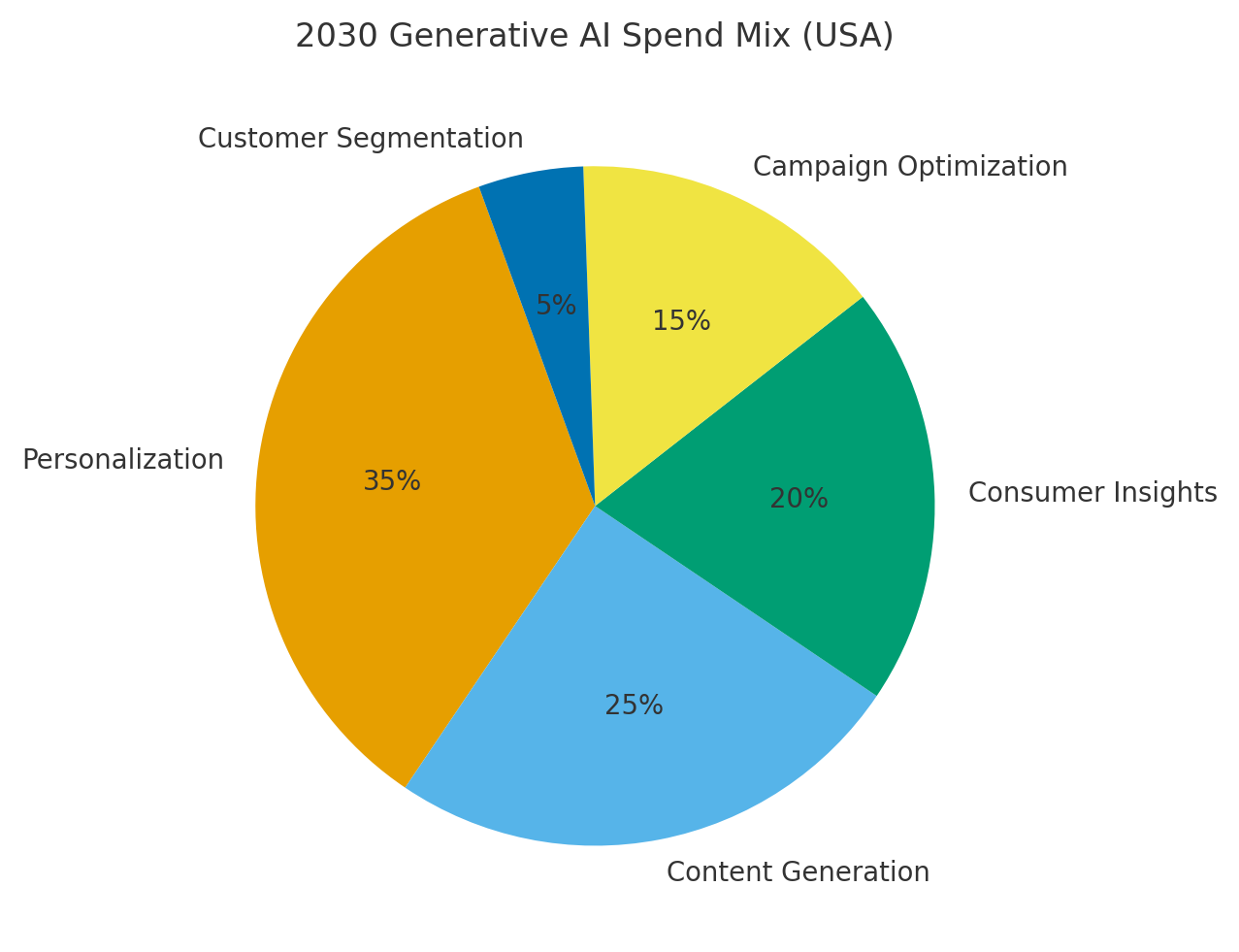
f) Competitive Landscape
Key players in generative AI for marketing include AWS, Google Cloud, Microsoft, and specialized AI companies such as OpenAI and DataRobot. Differentiators: (1) advanced NLP models for content generation, (2) personalization algorithms, (3) real-time data insights, (4) integration with existing marketing tools, and (5) data privacy compliance. Procurement guidance: ensure strong data protection, scalability, and integration capabilities.
Report Details
Proceed To Buy
Want a More Customized Experience?
- Request a Customized Transcript: Submit your own questions or specify changes. We’ll conduct a new call with the industry expert, covering both the original and your additional questions. You’ll receive an updated report for a small fee over the standard price.
- Request a Direct Call with the Expert: If you prefer a live conversation, we can facilitate a call between you and the expert. After the call, you’ll get the full recording, a verbatim transcript, and continued platform access to query the content and more.


68 Circular Road, #02-01 049422, Singapore
Revenue Tower, Scbd, Jakarta 12190, Indonesia
4th Floor, Pinnacle Business Park, Andheri East, Mumbai, 400093
Cinnabar Hills, Embassy Golf Links Business Park, Bengaluru, Karnataka 560071
Request Custom Transcript
Related Transcripts
$ 1350


68 Circular Road, #02-01 049422, Singapore
Revenue Tower, Scbd, Jakarta 12190, Indonesia
4th Floor, Pinnacle Business Park, Andheri East, Mumbai, 400093
Cinnabar Hills, Embassy Golf Links Business Park, Bengaluru, Karnataka 560071





